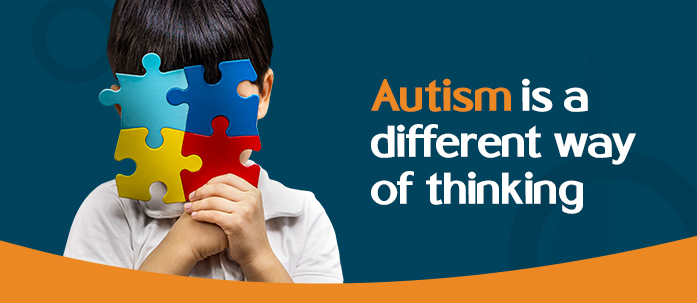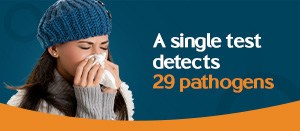Every autistic person is unique in how they experience the world
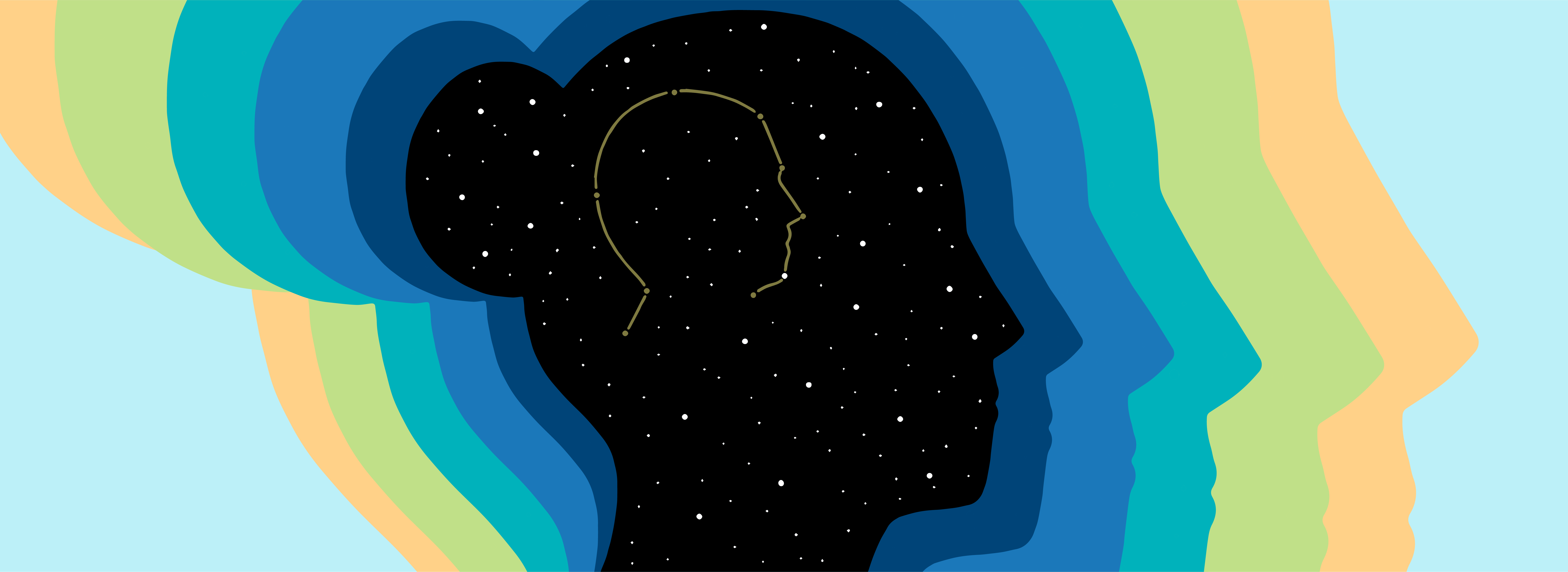
Introduction:
As a parent, you’ve most likely spent a lot of time thinking about your child’s future. Even more so if they have been diagnosed with an autism spectrum disorder.
In India, Autism affects every 1 out of 100 children under the age of 10
The increase in prevalence reflects a change in the diagnosis and ascertainment. Autism affects people in various ways,
- They find it trouble to interact and communicate.
- Autistic people have intellectual difficulties and take longer to understand concepts.
- Others have incredibly high IQs and do well in some subjects, but struggle to grasp others.
- Prefer strict adherence to routine and are terrified of new places, unfamiliar faces, and situations.
- Autistic adults and children have unique strengths, weaknesses, and gifts.
According to the Centers for Disease Control and Prevention (CDC), ASD is more common in boys, with a male-female ratio of 4-1.
What is Autism spectrum disorder?
Autism Spectrum Disorder (ASD) or Autism is a universal term for
a set of complex neurodevelopmental conditions that affect
BEHAVIOR, COMMUNICATION, and SOCIAL SKILLS
Autism is not an illness or a disease. Autistic people just view and experience the world differently. Many autistic children appear normal but spend their time engaging in puzzling and disturbing behaviors that differ markedly from those of typically developing children. They may show little or no interest in people including their parents, and they are often described as living “in a world of their own”. Some autistic people may be exceptionally gifted in certain areas, such as music or mathematics, as depicted in the film Rain Man, though these cases are uncommon. But it is the hard reality that all are in need of assistance.
What are the overlapping disorders under the ASD umbrella?

What is the cause of Autism?
The etiology is still completely unknown, but at this point, the known causes are
- Environmental factors (nutrients, infections, and toxins)
- Different patterns of inheritance
- Underlying genetic variants
The common misconception for the cause of autism is Vaccine. Evidence states that there is no link between vaccines and autism.
The difference in developmental disability often affects how autistic people understand and relate to others
There is no cure and no drug to CURE AUTISM
What are the most common symptoms of ASD?
These characteristics are noticed in autistic people, affecting them differently despite the similarities in the core impairments. According to the NIH and NHS Autism, symptoms are as follows:
- Have unusual behavior such as avoiding eye contact, hand flapping, toe walking, or other ticks.
- Difficulty reading faces and body language
- Some find bright lights and sounds overwhelming
- They might feel that the sound is too high for them or they might struggle to differentiate sounds, making everything one big loud noise.
- Specific hobbies or subjects that they absolutely love. Some might be fascinated with insects and others might collect toy trains.
- Find it difficult to understand emotions and empathize with others.
- Enjoy finding patterns and repetition
- Not understanding typical humor
- Picky eating
- Sometimes, they are not aware of their behavior, and other times they may find “normal” behavior and a lack of social awareness.
How Autism is diagnosed?
Though the onset of autism occurs at birth it can be diagnosed at any age. It is generally considered a developmental disorder as symptoms usually surface during toddler walking, climbing, talking, jumping, running, and bustling with energy.
The diagnosis of autism follows the below criteria
⇒ Physician questionnaire – Based on the physician questionnaire, the autistic scale score is rated. These questions are based on observations of parents on how the child reacts to day-to-day tasks.
⇒ Clinical examination –Genetic abnormalities, SNP’s and genetic variations
Professional Practice and Guidelines Committee indicates that the following diagnostic yields are expected in the genetic evaluation of ASDs:

All the known etiology of autism tests along with genetic counseling before and after the ASDs examination is offered by Yoda Diagnostics
Scientific evidence states that 45% of ASDs are associated with genetic changes. As there is no specific marker to diagnose Autism. Ruling the associated diseases is the easy way to diagnose them. Yoda offers a comprehensive test to identify, understand, and give end-to-end solutions for Autism.
How do we do this?
- Will check if there are any genetic causes
- Yoda in-house experts – Genetic counselors will make parents understand the ASD condition and underlying genetic cause
- If we find the genetic cause, this information helps the doctors to understand the condition and treat the child.
Diagnostic strategies for ASDs at YODA
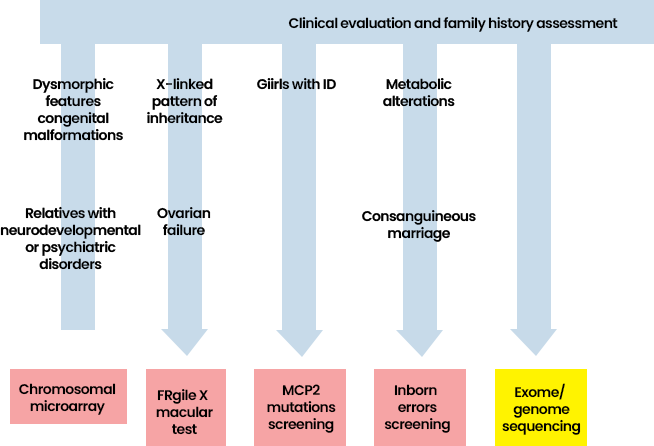
What are the treatments for Autistic people?
Autism patients substantially improve their abilities and reduce their symptoms from a number of therapies, medications, and nutrition. Early therapy – during preschool or before – increases your child’s chances of success, but treatment is never too late. What works for one person may not work for another.
Here we described the most popular – and effective – therapies that can help people with autism learn and perform more effectively.
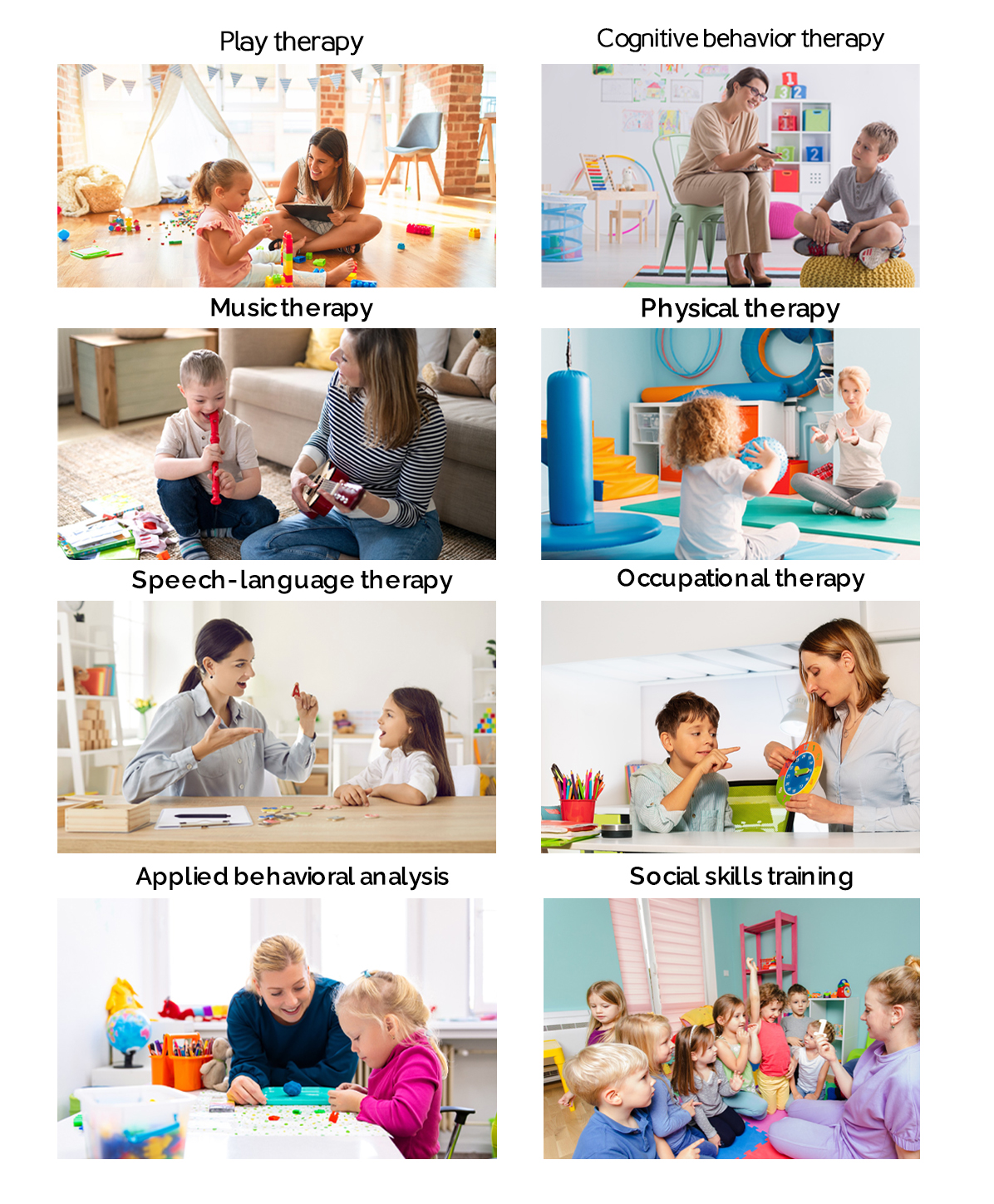
Yoda suggests:
We will cater to your autistic child with comprehensive solutions. Apart from genetic examination, Yoda provides in-house – Pharmacogenomics that helps in identifying anti-ADHD (attention deficit hyperactivity disorder) medications that are effective for the child.
How can our reports help doctors?
Our reports will help in understanding any treatable medical conditions that can improve the quality of life in your child. Any nutritional deficiency or metabolic abnormality can be corrected if diagnosed early.











